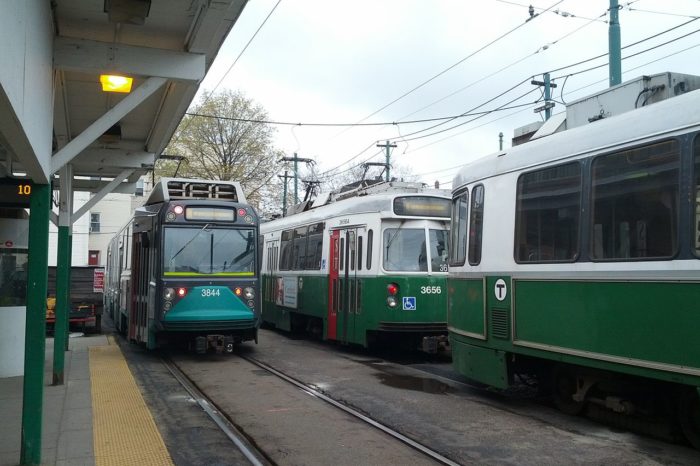A Control Board Equipped for the Next Phase of MBTA Reform
In a new policy brief out today, Pioneer Institute Executive Director Jim Stergios calls on the Massachusetts Legislature to extend the life of the MBTA’s Fiscal and Management Control Board beyond the current fiscal year ending on June 30, and adjust it to address the agency’s new challenges.
Doing that successfully will require that the legislature continue to prioritize transit expertise over politics and focus on individuals with backgrounds in capital delivery, project management, operations, maintenance, transportation technology, and performance measurement. Stergios also recommends a mechanism to ensure leverage and accountability, such as an independent audit office that reports to the FMCB. Read the full report.
About the Author
Jim Stergios is Executive Director of Pioneer Institute. Prior to joining Pioneer, Jim was Chief of Staff and Undersecretary for Policy in the Commonwealth’s Executive Office of Environmental Affairs, where he drove efforts on water policy, regulatory and permit reform, and urban revitalization. Jim holds a doctoral degree in Political Science from Boston University.
About Pioneer
Pioneer Institute is an independent, non-partisan, privately funded research organization that seeks to improve the quality of life in Massachusetts through civic discourse and intellectually rigorous, data-driven public policy solutions based on free market principles, individual liberty and responsibility, and the ideal of effective, limited and accountable government.
Receive Our Updates!
Related Posts



